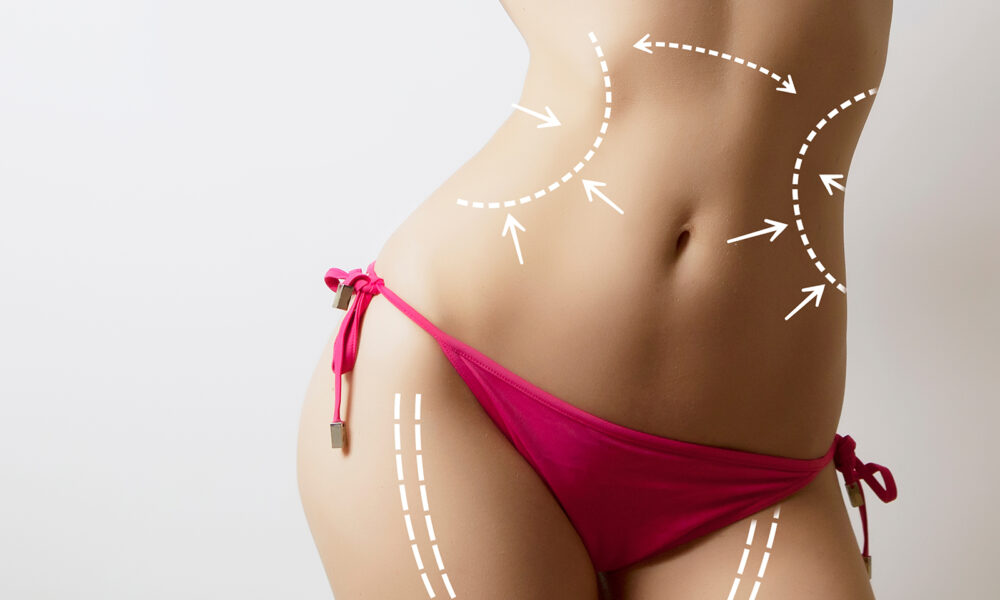

Do you ever feel like you’re trying to navigate the overwhelming sea of health advice out there but need help to make sense of it all? Many people need help with a confusing debate between counting calories and cutting carbs as the best way to manage their weight or body composition. But which approach is better?
In this article, we will explore both strategies, help you understand what they entail, and give you an honest assessment of which is most likely to succeed for your particular goals. Ready to dive deeper into this often-controversial topic? Let’s go.
Overview of Counting Calories and Cutting Carbs
Counting calories and cutting carbs has become an increasingly popular method for weight management. By monitoring the number of calories consumed daily, individuals can create a calorie deficit that leads to weight loss. Similarly, reducing the amount of carbohydrates in our diet can also lead to weight loss as our bodies are forced to burn fat for energy instead of relying on carbs. However, it is essential to approach this method cautiously, as cutting carbs too drastically can result in adverse side effects such as fatigue and mood swings.
Additionally, it is crucial to remember that not all calories are created equal and that the quality of the food we eat matters as much as the quantity. By combining a balanced diet, regular exercise, and a mindful approach to calorie and carb intake, we can achieve and maintain a healthy weight. Fat loss without calorie deficit can be achieved by following straightforward guidelines, such as eating less processed foods and exercising regularly.
Pros and Cons of Counting Calories
The pros of counting calories are that it helps individuals to become aware of what they are eating and the nutritional value of each food they consume. It can be beneficial in helping them make better decisions and create a balanced, healthy diet. Additionally, if someone is trying to lose weight and has already hit their daily calorie limit, then monitoring their intake can reduce the likelihood of overeating or making unhealthy choices.
There are a few cons associated with counting calories too strictly. It can be difficult to accurately track every morsel you put in your mouth, and some people may obsess over the numbers instead of focusing on overall health. Furthermore, if you’re a nutrition expert, it can be easier to accurately calculate each food’s actual calorie content, which could lead to erroneous calculations.
Pros and Cons of Cutting Carbs
Cutting carbs can effectively reduce body fat because they are stored as fat when we consume more than we need. Additionally, reducing carb intake can increase energy levels as the body burns fat for fuel instead of relying on carbs. Furthermore, cutting back on carbs has many health benefits, such as improved blood sugar control and decreased inflammation.
However, there can be drawbacks to cutting carbs too drastically. For instance, going “low-carb” for extended periods may lead to short-term energy depletion, cravings for sugary foods, and increased risk for nutrient deficiencies. Also, extreme calorie restriction can lead to serious health problems such as malnutrition or eating disorders.
Strategies to Help You Succeed with Either Approach
It is important to remember that both approaches can be practical if done correctly and with proper guidance. To ensure success, it is best to seek the advice of a registered dietitian or qualified healthcare provider before making any drastic changes in your dietary habits. Additionally, they can help you develop an individualized weight management plan that considers your lifestyle, activity level, and other personal factors.
To ensure you are getting all the essential nutrients needed for optimal health, focus on eating whole foods as much as possible and ensure you are consuming various proteins, carbohydrates, vegetables, fruits, healthy fats, and minerals each day. And lastly, remember to keep track of your progress by logging your calorie/carb intake or weight loss goals so you can track your progress and make any necessary adjustments.
Tips for Being Smart When Counting Calories or Cutting Carbs
When counting calories or cutting carbs, being mindful and making intelligent choices is essential. Incorporate various nutrient-rich foods into your daily meals and snacks to ensure you get all the vitamins and minerals your body needs. Also, focus on eating more plant-based proteins such as lentils, beans, and nuts instead of animal proteins as these tend to be lower in fat and saturated fat.
Limiting processed foods can also help reduce calorie/carb intake. Aim for unprocessed or minimally processed foods with few or no added sugars or unhealthy fats. And lastly, remember physical activity. Exercise can help manage weight by burning off additional calories or boosting metabolism, which helps the body burn fat more effectively. Incorporating regular physical activity into your daily routine is essential to any healthy lifestyle and should not be overlooked.
Concluding Thoughts on Counting Calories Vs. Cutting Carbs
Neither approach is “right” nor “wrong”; it’s all about finding what works for you. Through trial and error and guidance from a qualified healthcare provider, you can find an approach that helps you reach your health goals without sacrificing too much enjoyment. The key to success is making healthy choices, being mindful of portion sizes, and focusing on nourishing your body with nutrient-rich foods. Good luck.
























